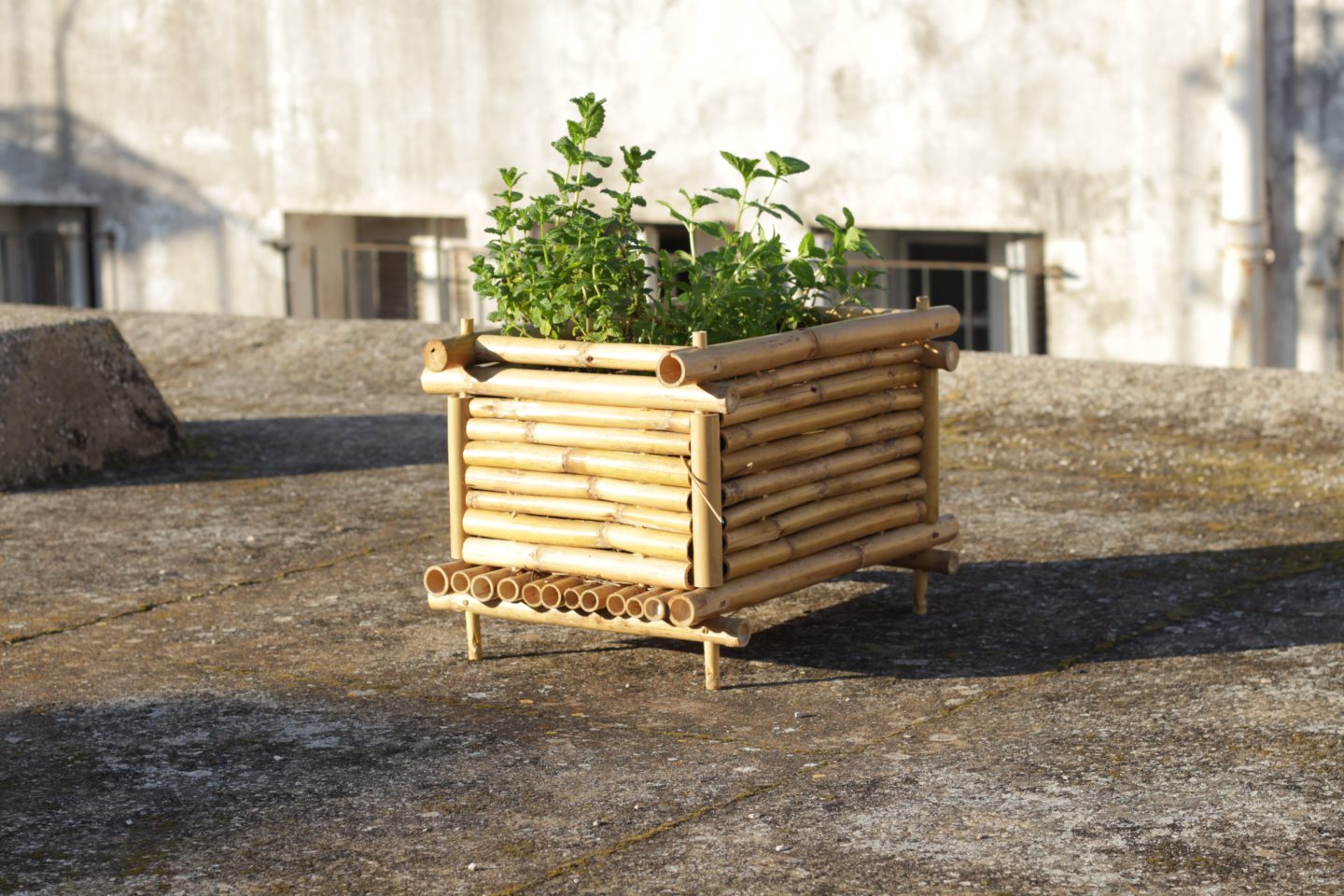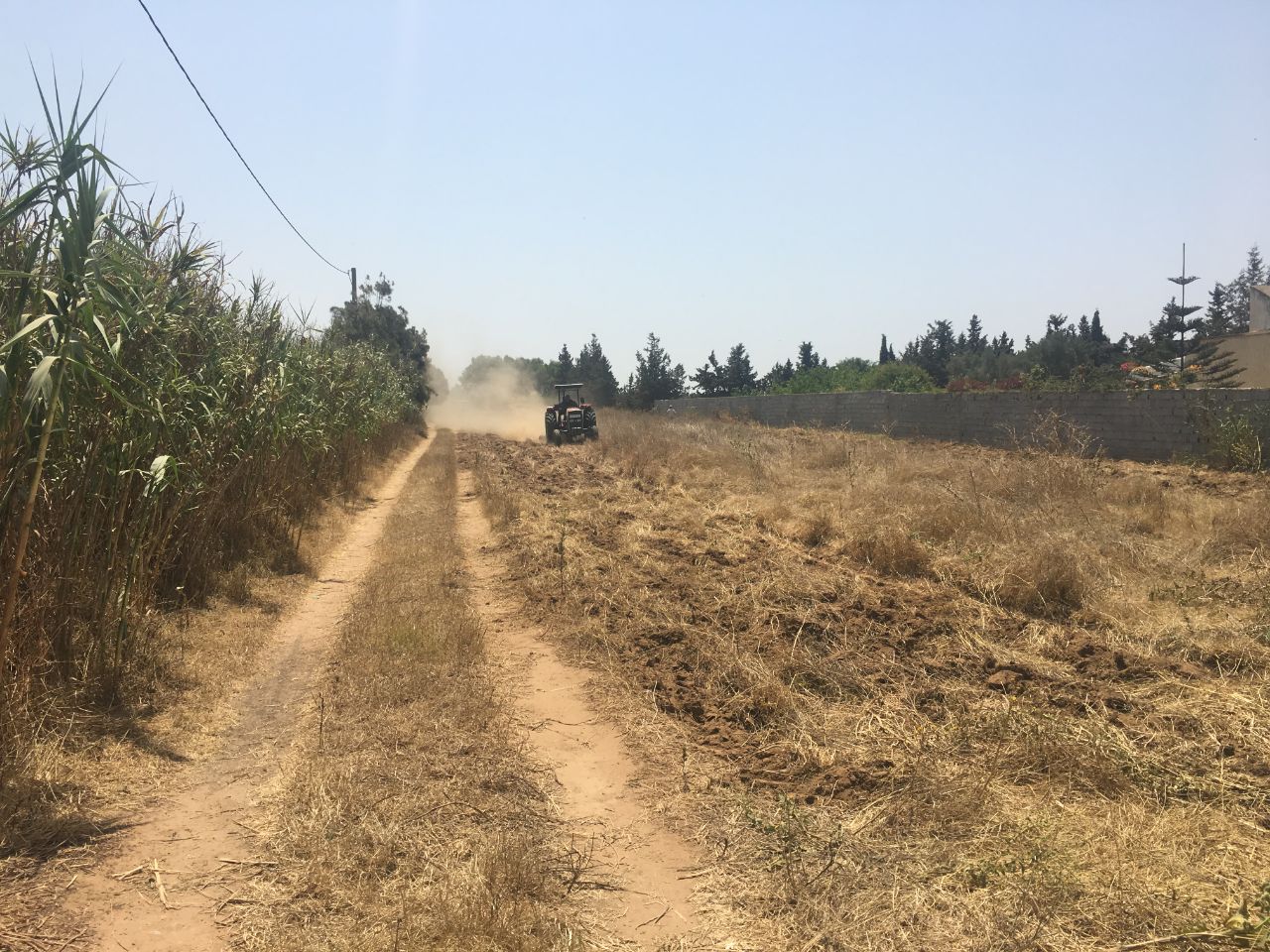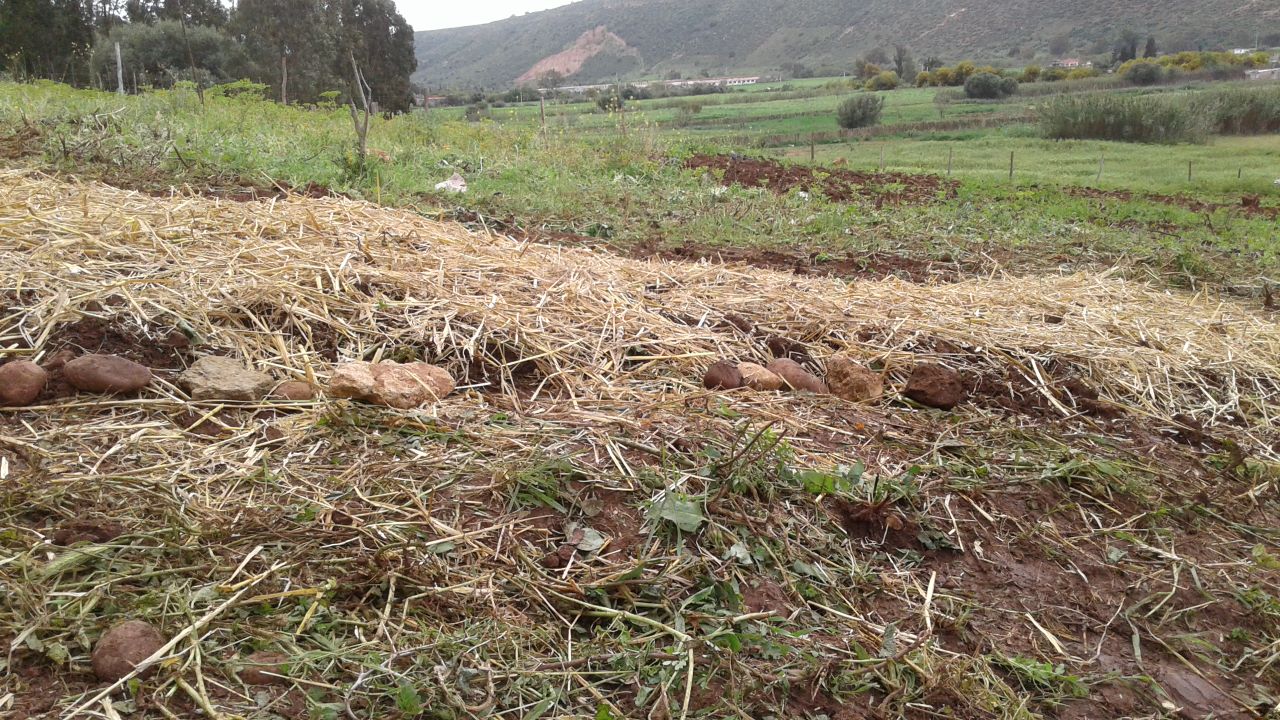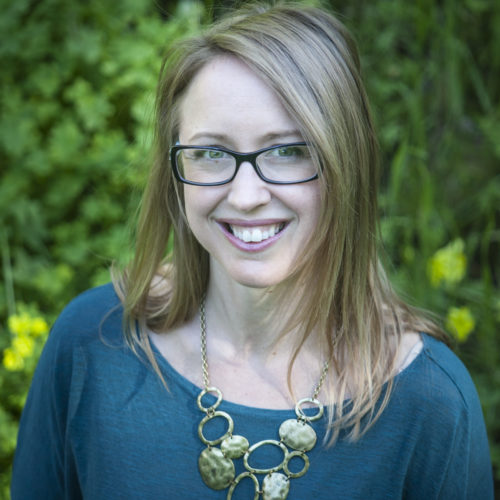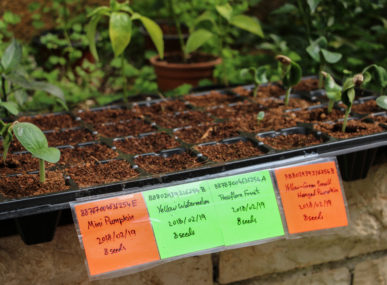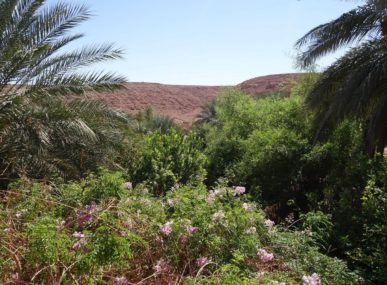The students, who met through Enactus Morocco at the Faculty of Sciences at the Mohammed V University of Rabat, share a passion for building more agriculture presence in Morocco.
“There are 35 million hectares (350,000 sqkm) that aren’t used or exploited,”Maadour says. “So we can’t really be called an agricultural country if we aren’t using all the land. That’s how we started — to come up with a way to fix that land and actually use it.”
How Verd transforms land into fertile soil:
Plants only need a few things to grow —sunlight, warmth, water, air and nutrient-rich soil. Verd takes on the soil part of the equation and adds recycled organic materials.
“We put organic matter in the soil that is brown and green, “ says Maadour. “The brown can be hay or dead leaves, and the green is grass clippings, plants, leaves, whatever you can collect that would otherwise be thrown away.”
They layer the brown and the green, which create a nutrient-rich soil. The farmer then plants the seeds and tends to them like they would on any other land, while Verd takes one-third of the land’s profits for the next three years.
So far, Verd has transformed 2.7 hectares (27,000 sqm) in the capital city of Rabat, and farmers are successfully growing vegetables.
Ahmed Sebbata, Manager of the social enterprise incubator, Dare Inc. (which chose to mentor and fund Verd), said he is inspired by their motivation to truly make a difference in the world.
“Verd is important to agriculture in Morocco because it’s the primary sector of our economy,” says Sebbata. “Its development will improve every aspect of life. Whether that’s the labor market, the quality of life or the purchasing power. I hope Verd achieves their vision on an even larger scale and conquers the MENA and South African regions.”
He said many of the farmers Verd is now helping worked on other farms at wages often lower than the minimum living wage, and helping them cultivate their own land increases their quality of life.
